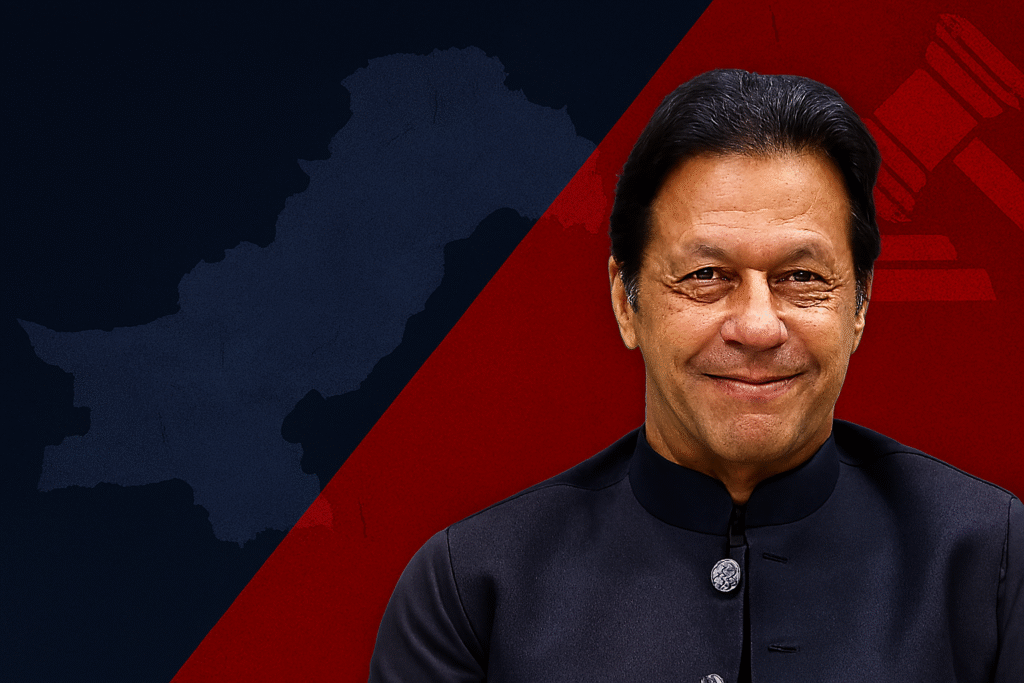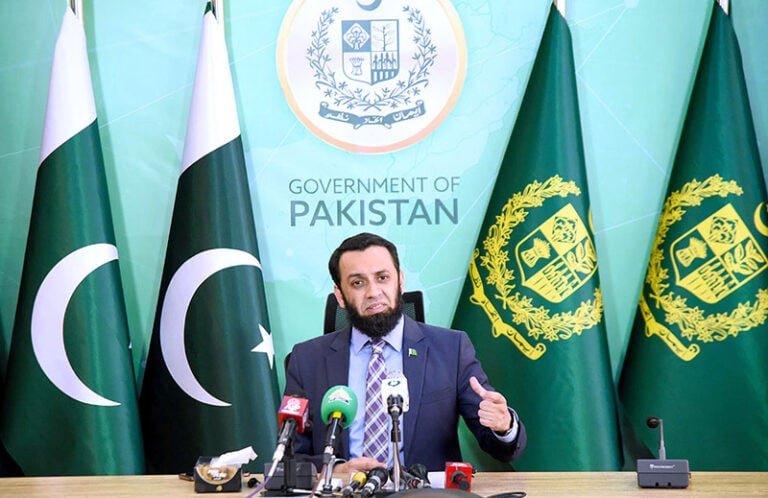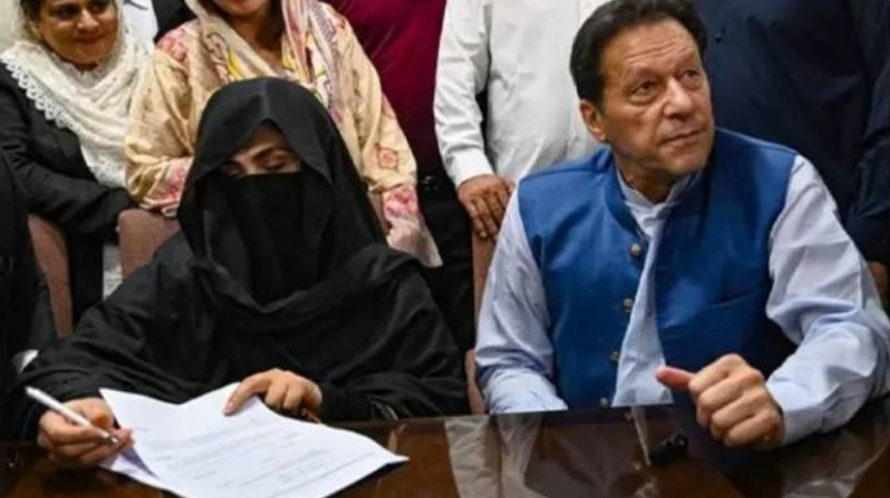Pakistan’s Political Crossroads: The Myth of the “Hard State” and the Struggle for Democratic Integrity
A Nation at a Defining Moment
In 2025, Pakistan stands at a critical juncture. The term “Hard State” has resurfaced in political discourse, but its interpretation varies drastically. Traditionally, a Hard State implies a nation where constitutional supremacy, rule of law, and institutional accountability are non-negotiable. However, recent developments suggest a deviation from this ideal.
The Rise of “Asim Law” and Democratic Disruption
General Asim Munir’s version of a Hard State appears to prioritise centralised control, military dominance, and executive overreach. Critics argue that this model undermines judicial independence, civil liberties, and electoral integrity—pillars essential to any functioning democracy.
Public Resistance and the Power of Mandate
The people of Khyber Pakhtunkhwa have voiced their support for Pakistan Tehreek-e-Insaf (PTI) through a clear electoral mandate. This democratic endorsement empowers elected leaders to shape provincial policies without undue interference. The demand for policy autonomy, electoral transparency, and citizen accountability is growing louder.
Strategic Diplomacy: The Afghanistan Question
Imran Khan’s long-standing stance on peaceful diplomacy with Afghanistan reflects a pragmatic approach to regional stability. Escalating tensions and border conflicts only fuel terrorism resurgence and cross-border insecurity. Sustainable peace requires policy foresight, not militarised confrontation.
Legal Battles and Political Isolation
The Al-Qadir Trust case and other legal proceedings against Imran Khan have raised concerns about due process violations, political victimisation, and human rights abuses. Denial of basic jail rights, restricted family access, and limited legal counsel point to a broader pattern of institutional suppression.
Conclusion: Reclaiming the Democratic Narrative
Pakistan’s future hinges on its ability to uphold constitutional values, judicial fairness, and citizen empowerment. The myth of a Hard State cannot replace the reality of a just, inclusive, and democratic society. As public awareness grows, so does the demand for transparent governance, freedom of expression, and institutional reform.



